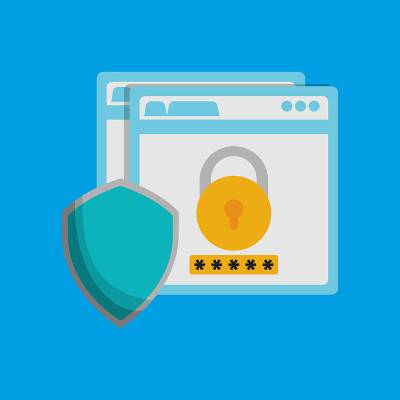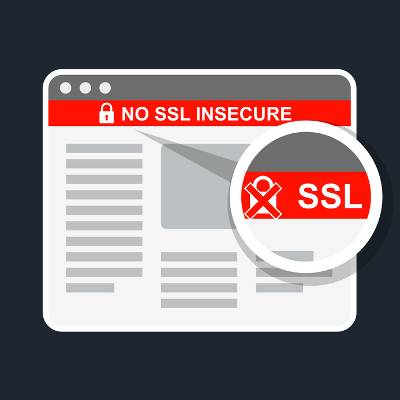If you happened to plug your Kindle into your computer and get a blue screen of death, you aren’t alone. Many Kindle users have discovered that the Anniversary update to Windows 10 has caused an issue when attempting to use USB to charge the device or transfer books. It would seem that, within moments of connecting the Kindle to a Windows 10 device, the device will lock up and display the dreaded Blue Screen of Death before rebooting.
Macro Systems Blog
In response to the increasing danger of cyber attacks against computerized cars that are currently in production, Volkswagen has partnered up with three Israeli experts in cybersecurity to form a brand new cybersecurity company dedicated to designing solutions intended to protect such advanced cars and their passengers.
Let’s say that you’re walking down the hallway of your office when you bypass a team member from accounting. They tell you that the wire transfer you requested has been completed successfully, but you don’t remember ever asking for such a thing. You take a look through your books and see that a ton of money was sent to some random stranger who took on your identity.
Insider threats are an unpleasant reality of working with sensitive information, though you might be relieved to hear that not all instances of insider threats have malicious intentions. Then again, maybe you aren’t relieved since a threat is still a threat. Either way, we’ll discuss some statistics concerning insider threats, and what you can do about them.
If we told you that automated teller machines, or ATMs, were susceptible to hacking attacks, would you believe us? You should; there are a plethora of ways for hackers to infiltrate and steal money from ATMs, with the latest being so dangerous that even the Secret Service has issued warnings about it.
Security is one of the most important parts of running a business, especially today when organizations rely so heavily on their technology solutions. Some of the most dangerous threats lurk on a business’s network, watching and waiting for an opportunity to do some real damage. With the right preventative measures, your business can catch these threats in the act before they can accomplish their goals.
Halloween is a time when we celebrate what scares us, like ghosts, goblins, ghouls, and the like. For adults, the holiday becomes more lighthearted with each passing year, due to the understanding that such monsters are fictional. Yet, there exists real monsters who know how to play on people’s fears, namely, hackers.
As technology advances and allows for common pain points to be corrected, many of today’s most well-known entities will adopt new solutions to ease the experience of their customers and clients. Take, for example, eBay. The famous reselling site has been taking steps to install an assortment of new features to improve its customers’ experience.
Hackers are always trying to come up with new ways to steal or corrupt sensitive data. If you don’t take the opportunity to protect your systems, you could be staring down a major data loss incident or security discrepancy. Here are five ways that you can protect your business’s infrastructure from hackers waiting to steal your data.
USB is a popular technology in all modes of today’s society. You’d be hard-pressed to find a modern piece of technology that’s not compatible in some way, shape or form with USB. Thumb drives, chargers, and even portable drives all use this common technology. However, this also means that hackers can take advantage of its popularity to spread malware and other problems.
Ransomware is a dangerous malware that all businesses fear. Although, if the right precautions are taken, a ransomware attack can be completely thwarted. A recent hack attack of the San Francisco Municipal Transportation Agency provides us with a real-world example of this, which helps make ransomware appear a lot less formidable.
IT security is a major pain point for all businesses in all industries. Is your organization doing a good enough job at keeping your data safe? The reality of the situation is that the majority of threats make it through the tiniest of vulnerabilities, even those that seem to be benign. By understanding a concept called the 80/20 rule, you might be able to better address your business’s network security weaknesses.
Encryption has become a very important part of maintaining an acceptable standard of security while browsing the web and storing data. Large enterprises and organizations have been using encryption for a long time, and even the average consumer uses encryption each and every time an online purchase is made. Did you know that the protection afforded users by encryption is made possible thanks to security certificates?
On average, how many people do you think are affected by identity theft? According to the United States Bureau of Justice, about five percent of its population; about 11.7 million people, are victims of identity theft. Their methods might vary, but the one thing that all victims have in common is that they hold information that presents value to hackers. Among these victims could be a few that hit close to home: your employees.
What you watch on TV says a lot about you; so much so, that you might be creeped out if we told you there are others who know exactly what you watched, without your consent. Sound too invasive to be true? Well, for the 11 million owners of Vizio televisions, this practice has been going on for some time now.
Occasionally, some Samsung smartphone users might see something strange appear at the top of their device’s screen--an eyeball. It will show up for a brief second and then disappear. What gives Samsung? Are you spying on me? For this blog, we’ll get to the bottom of this, as well as go over the symptoms of a device that is compromised.
Security issues can have any number of causes, meaning that every business needs to have a comprehensive security solution. This doesn’t mean, however, that there aren’t additional, small measures to implement that can give your organization’s security an added boost. Here, we’ll talk about two: keeping your software patched, and identifying social engineering attempts.
ATMs are, surprisingly enough, not the most secure pieces of technology out there, though there are efforts to improve security by taking advantage of mobile devices. Granted, this won’t be enough to protect against the considerable vulnerabilities in ATMs. In order to maximize security and minimize the amount of damage done by vulnerabilities, the user needs to understand how to protect themselves while using ATMs.























